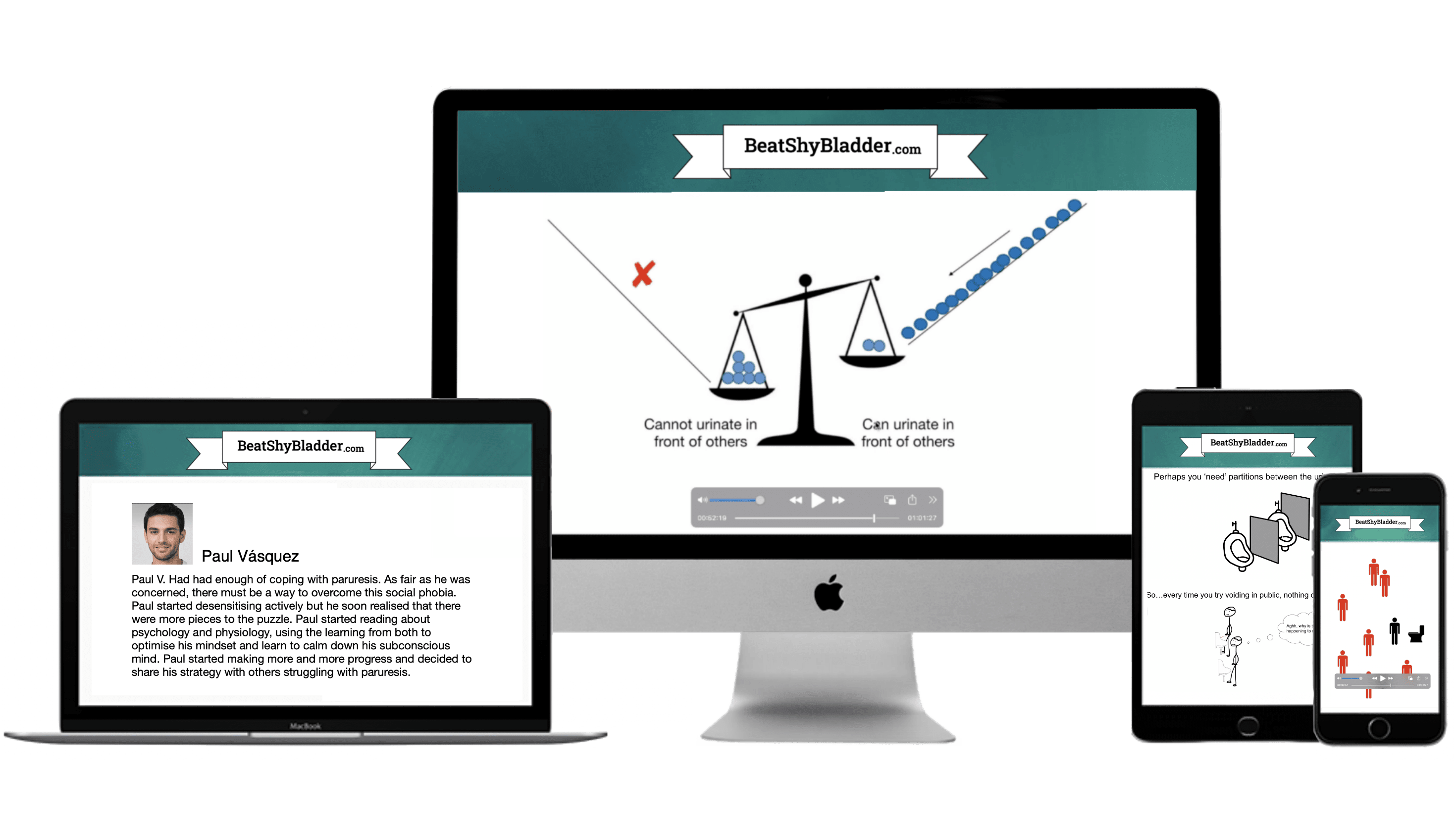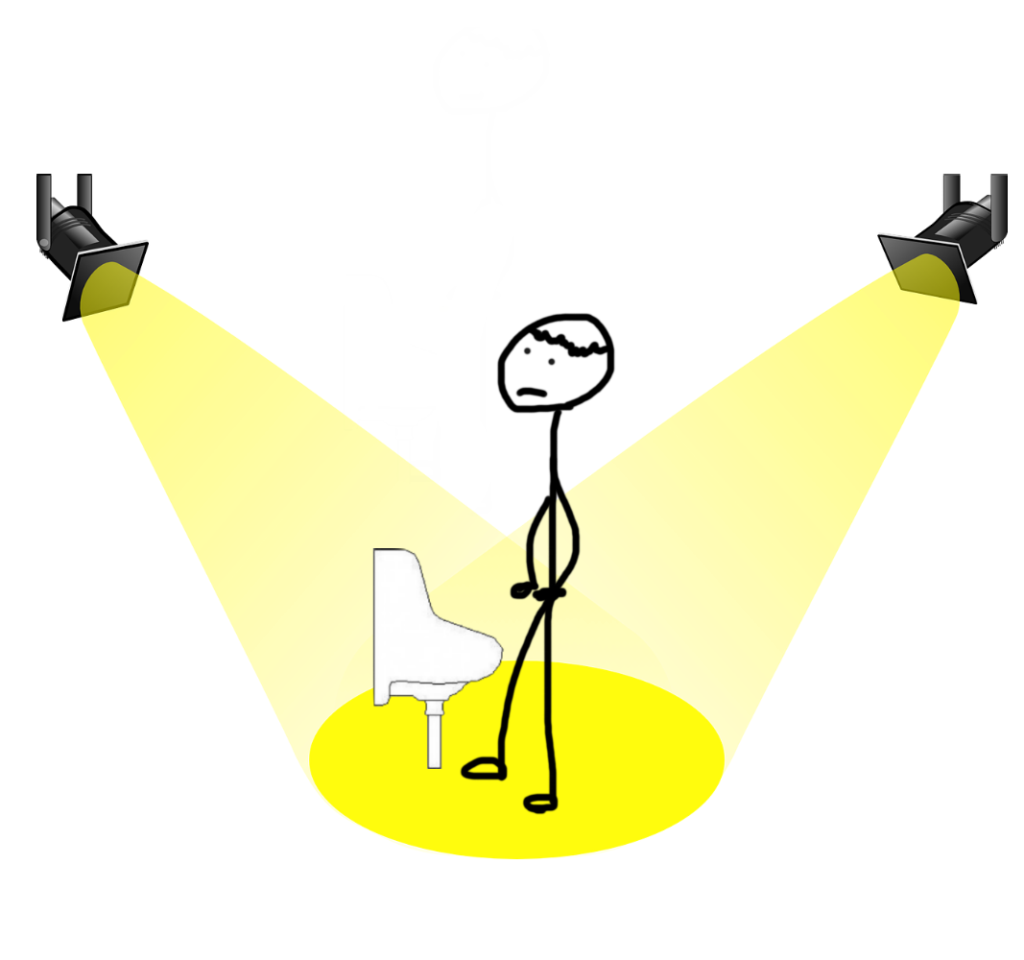I would like to start this blog post by describing the findings of Maxwell Maltz in his career as a plastic surgeon.
Maxwell Maltz, as any plastic surgeon would, ‘fixed’ people’s faces. In his book Psycho Cybernetics, Maxwell describes how some of his patients seemed to have experienced an ‘emotional facelift’ as a result of the physical procedure. In essence, when a client had what they believed was their crooked nose, protruding ears or any facial feature for that matter ‘fixed’ and reshaped the way they thought was beautiful, their self-esteem seemed to sky rocket, confidence levels exploded and out came a completely new person both physically and emotionally. Seems logical enough, why wouldn’t someone feel better after becoming more beautiful?
Well, here the thing. Some patients continued being miserable, depressed and having a low self-esteem even after having what they believed were their subpar features made beautiful by an experienced plastic surgeon. What going on here? And how does this relate to shy bladder?
The group of people that did not experience the ‘emotional facelift’ albeit having an awesome face are the people that have made ‘ugly’ a part of their identity. Making unwanted traits a part of your identity through your internal dialogue, constantly reminding yourself of how ugly you are every time you see your reflection is a destructive tragedy and it digs an emotional hole that can only be filled up again by addressing your self-image (or identity) internally rather than externally.
Don’t make shy bladder a part of your identity i.e. don’t see/describe yourself as ‘John, 6ft tall, 83kg, blue eyes, paruretic’ instead simply have the outlook that you are able to urinate freely although every now and then you just happen to have paruretic tendencies. This makes productive change easier since shy bladder is a psychological issue and is largely fixed by having the belief that you are able to urinate wherever and in front of whoever (and therefore actually urinate freely).
In order to do this, you should stop replaying memories or mental imagery of yourself failing to urinate in a public restroom instead, you should picture yourself urinating in urinals next to other people. This exercise falls under the umbrella of CBT which I might write about in another blog post.
Assuming you are trying to overcome shy bladder, it is advisable that you disassociate paruresis from your identity. Shy bladder is a mental game thus believing that paruresis is a part of you and that it defines you and cannot be changed is not conducive to progress.
Have a beautiful day!
Overcome Shy Bladder Syndrome Today
Get your hands on the time tested Beat Shy Bladder Blueprint
- Self Auditing
- Protocol Reviews
- Knowledge Trove
- Feedback Loops
- Heart Rate Variability
- Visualisation
- Mindset Upgrade
- Desensitisation





Definitely one of the best explanations out there.